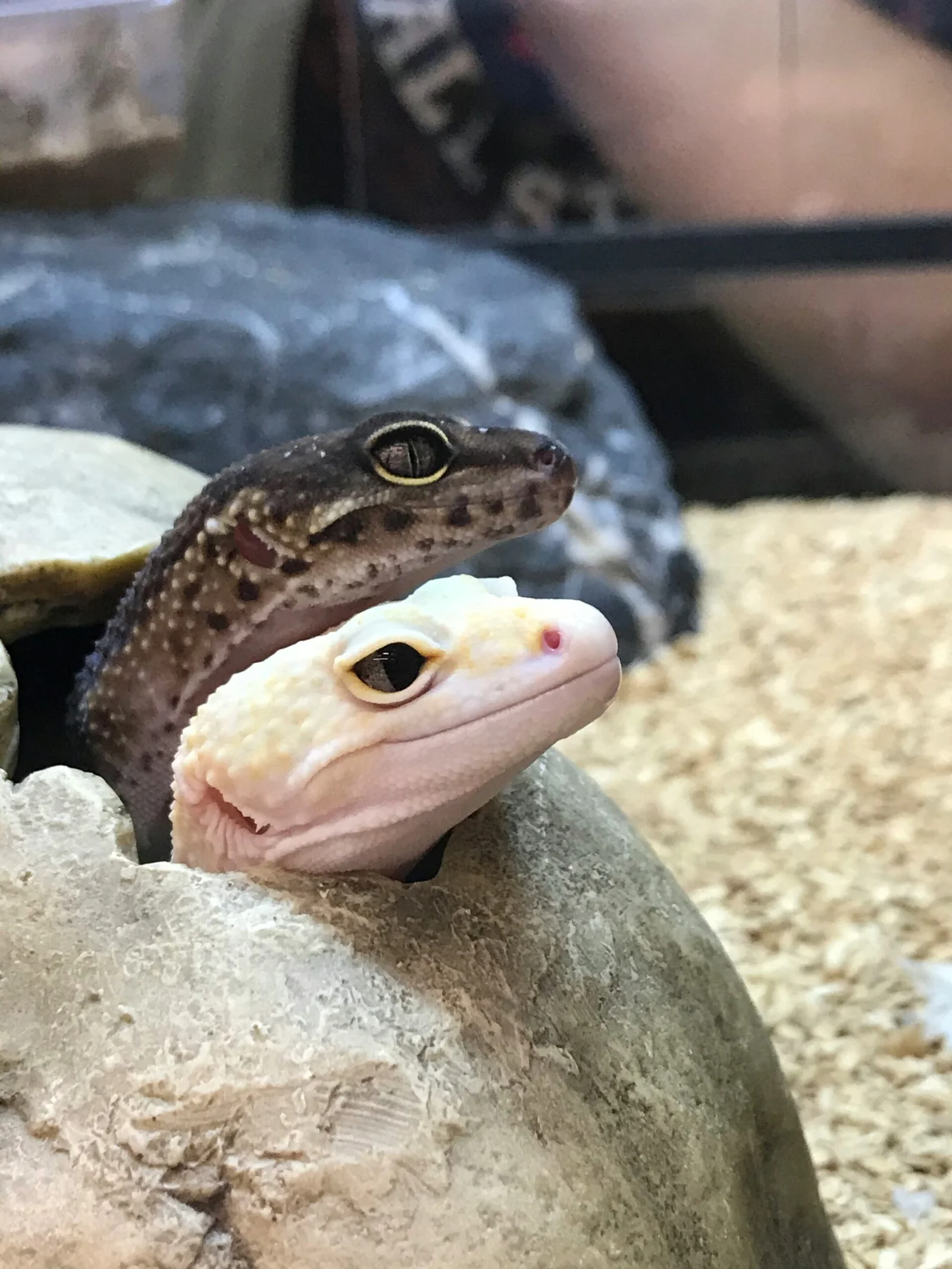Reptile Care (Turtles, Snakes, Lizards)
AnimalRights, AnimalWellness, DIYforPets, feeding and nutrition, habitat, handling and socialization, PetBehavior, PetCareTips, PetFunFacts, PetNutrition, PetProductReviews, PetTraining, reptile care, reptile husbandry, RescueStories
Manuel Cavallaro
0 Comments
A Comprehensive Guide to Reptile Care
Introduction
Welcome to our guide on reptile care! Whether you’re a new reptile owner or just looking to brush up on your knowledge, this article will provide you with the basics of reptile husbandry. Reptiles are fascinating creatures that require specific care to thrive in captivity. By understanding their needs and providing a suitable environment, you can ensure the health and happiness of your scaly friend.
Creating the Right Habitat
The first step in reptile care is creating a suitable habitat. Different species have different requirements, so it’s essential to research your specific reptile’s needs. However, there are some general guidelines that apply to most reptiles.
- Temperature: Reptiles are ectothermic, which means they rely on external sources of heat to regulate their body temperature. Provide a temperature gradient in their enclosure, with a warm basking spot and a cooler area. Use heat lamps or heating mats to achieve the appropriate temperature range.
- Lighting: Reptiles also require proper lighting to support their physiological processes. Some reptiles, like bearded dragons, need UVB lighting to metabolize calcium and prevent metabolic bone disease. Research the lighting requirements of your specific reptile and provide the necessary UVB or full-spectrum lighting.
- Humidity: Humidity levels vary among reptile species. Some reptiles, like chameleons, require high humidity, while others, like desert-dwelling reptiles, need low humidity. Research your reptile’s preferred humidity range and provide the appropriate level by misting the enclosure or using a humidifier.
Feeding and Nutrition
Proper nutrition is crucial for the overall health of your reptile. Different reptiles have different dietary needs, so it’s important to understand what your specific reptile requires.
- Prey Items: Most reptiles are carnivorous or insectivorous, and their diet consists primarily of live prey items such as crickets, mealworms, or mice. Research the appropriate prey items for your reptile and provide a varied diet to ensure they receive all the necessary nutrients.
-
Supplements: In addition to their regular diet, some reptiles may require supplements to meet their nutritional needs fully. Calcium and vitamin supplements are commonly used to prevent deficiencies and promote healthy bone growth. Consult with a reptile veterinarian to determine if your reptile needs any supplements.
-
Feeding Schedule: Establish a regular feeding schedule for your reptile based on their age and species. Some reptiles require daily feeding, while others may only need to be fed a few times a week. Avoid overfeeding, as obesity can lead to various health issues.
Handling and Socialization
While not all reptiles enjoy being handled, some can become accustomed to human interaction with proper socialization. It’s important to approach handling with caution and respect for your reptile’s comfort.
- Start Slow: If your reptile is not used to being handled, start by simply placing your hand in their enclosure and allowing them to approach you. Gradually progress to gently touching and holding them, always being mindful of their body language and stress levels.
-
Support their Body: When handling a reptile, it’s crucial to support their body properly. Most reptiles have delicate spines, so avoid squeezing or gripping them tightly. Use both hands to support their body and avoid any sudden movements.
-
Respect their Boundaries: Not all reptiles enjoy being handled, and it’s important to respect their boundaries. If your reptile shows signs of stress or discomfort, such as hissing, biting, or trying to escape, it’s best to give them their space and try again at a later time.
Reptile care requires attention to detail and an understanding of your specific reptile’s needs. By creating the right habitat, providing a balanced diet, and approaching handling with care, you can ensure the well-being of your scaly companion. Remember to research your reptile’s specific requirements and consult with a reptile veterinarian for any specific concerns. With proper care and attention, your reptile can live a long, healthy, and happy life.









